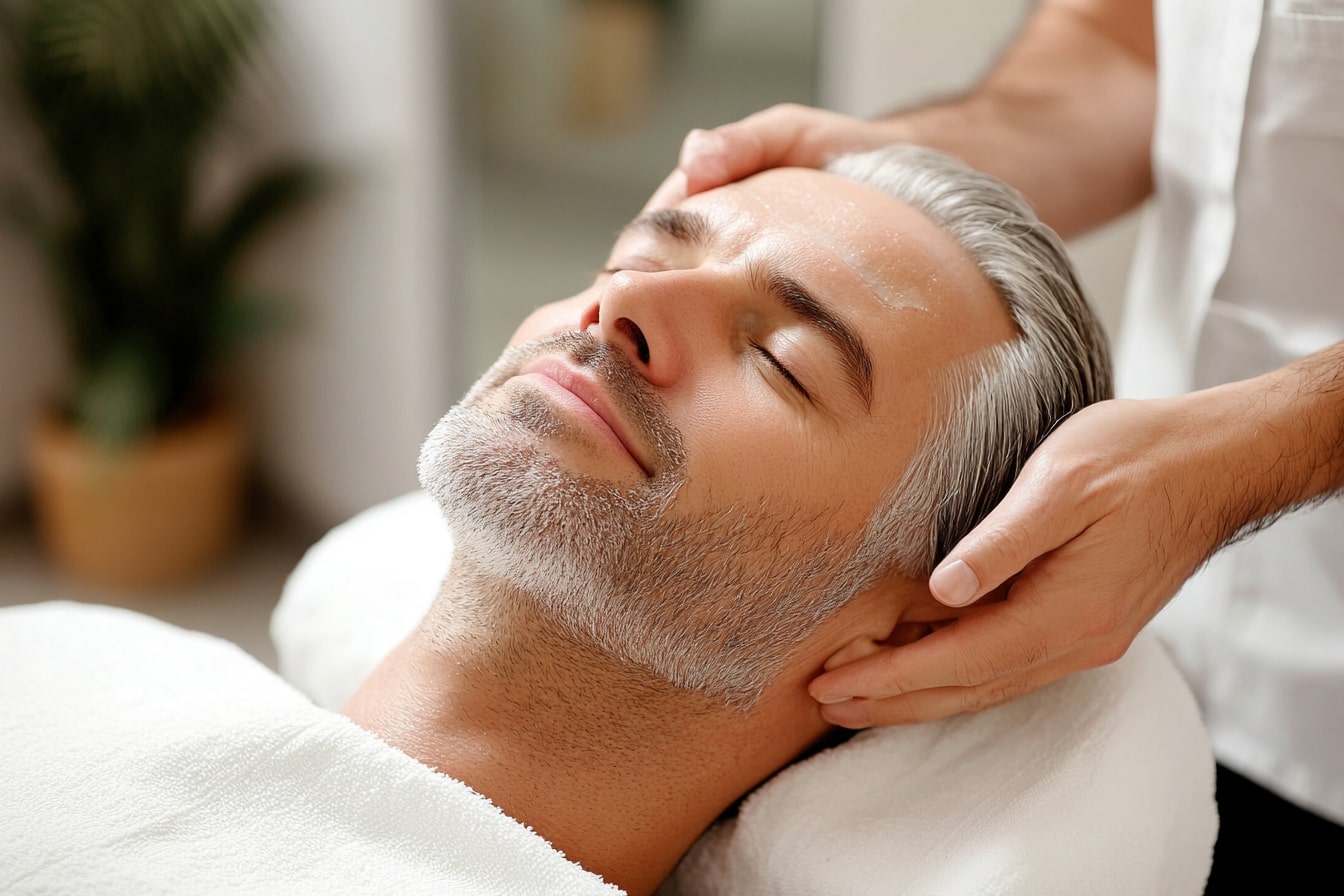5 Natural Ways To Manage Parkinson’s Symptoms And Improve Daily Life
Living with Parkinson's disease presents unique challenges, but incorporating natural management strategies alongside medical treatment can significantly enhance quality of life. While conventional medications remain essential, many people find that complementary approaches help reduce symptom severity and improve daily functioning. These evidence-based natural methods focus on lifestyle modifications, dietary adjustments, and therapeutic activities that support overall neurological health and well-being.

Parkinson’s disease affects millions worldwide, causing tremors, stiffness, and movement difficulties that can impact every aspect of daily life. While medical treatment remains the cornerstone of Parkinson’s management, research increasingly supports the role of natural approaches in symptom control and quality of life improvement.
Understanding Natural Remedies for Parkinson’s
Natural remedies for Parkinson’s encompass a broad range of non-pharmaceutical interventions that work alongside conventional treatments. These approaches focus on supporting the body’s natural healing processes and addressing symptoms through lifestyle modifications. Research suggests that certain natural compounds, including curcumin, green tea extract, and coenzyme Q10, may offer neuroprotective benefits. Additionally, mind-body practices like meditation and tai chi have shown promise in reducing stress and improving motor function. It’s important to understand that natural remedies should complement, not replace, prescribed medications and medical supervision.
Diet for Parkinson’s Management
Nutritional strategies play a crucial role in managing Parkinson’s symptoms and supporting overall brain health. A Mediterranean-style diet rich in antioxidants, omega-3 fatty acids, and anti-inflammatory compounds may help protect neurons and reduce oxidative stress. Specific dietary considerations include increasing intake of colorful fruits and vegetables, incorporating fatty fish like salmon and sardines, and including nuts and seeds for their healthy fats. Protein timing is also important, as consuming protein away from levodopa medication can improve drug absorption. Some individuals benefit from reducing dairy consumption and increasing fiber intake to address common digestive issues associated with Parkinson’s.
Exercise for Parkinson’s Disease
Regular physical activity stands as one of the most powerful natural interventions for Parkinson’s management. Exercise helps improve balance, flexibility, strength, and coordination while potentially slowing disease progression. Specific exercise types show particular benefits: boxing programs improve hand-eye coordination and balance, dance therapy enhances rhythm and movement fluidity, and yoga increases flexibility and reduces stiffness. Resistance training helps maintain muscle mass and bone density, while cardiovascular exercise supports overall health and mood. The key is finding enjoyable activities that can be sustained long-term, with many people benefiting from group classes that provide social interaction alongside physical benefits.
Complementary Therapies for Parkinson’s
Various complementary therapies offer additional support for Parkinson’s symptom management. Acupuncture has shown promise in reducing tremors and improving sleep quality in some individuals. Massage therapy can help address muscle stiffness and improve circulation, while aromatherapy may reduce anxiety and promote relaxation. Music therapy and art therapy provide creative outlets that can improve mood and cognitive function. Speech therapy techniques, including voice exercises and breathing practices, help maintain communication abilities. Many people find that combining multiple complementary approaches creates a comprehensive support system that addresses both physical and emotional aspects of living with Parkinson’s.
Resources and Support Groups
Accessing appropriate resources and connecting with support networks is essential for successful Parkinson’s management. Local Parkinson’s organizations often provide educational workshops, exercise classes, and social activities specifically designed for people with the condition. Online communities offer 24/7 support and information sharing with others facing similar challenges. Healthcare teams should include neurologists, physical therapists, occupational therapists, and speech therapists who specialize in movement disorders. Many areas offer specialized Parkinson’s wellness programs that combine multiple therapeutic approaches under one roof. Caregivers and family members also benefit from dedicated support resources and educational programs that help them better understand and support their loved ones.
This article is for informational purposes only and should not be considered medical advice. Please consult a qualified healthcare professional for personalized guidance and treatment.
Implementing natural management strategies for Parkinson’s requires patience, consistency, and professional guidance. While these approaches can significantly improve quality of life and symptom management, they work best when integrated with conventional medical care. The key to success lies in finding the right combination of strategies that work for each individual’s unique situation and preferences. Regular communication with healthcare providers ensures that natural approaches complement rather than interfere with prescribed treatments, creating a comprehensive management plan that addresses all aspects of living well with Parkinson’s disease.




